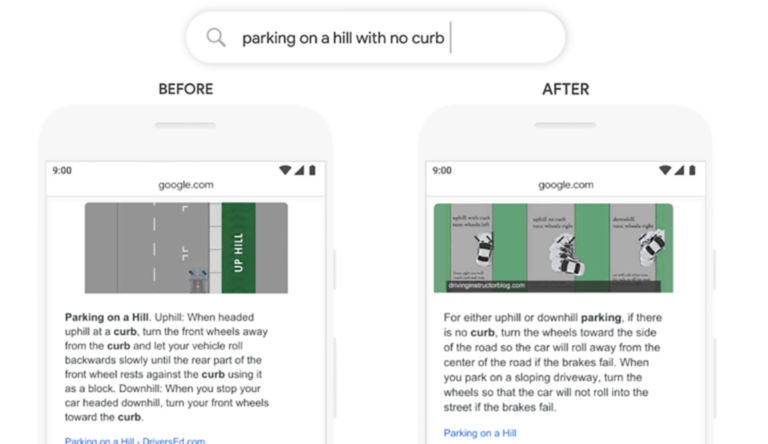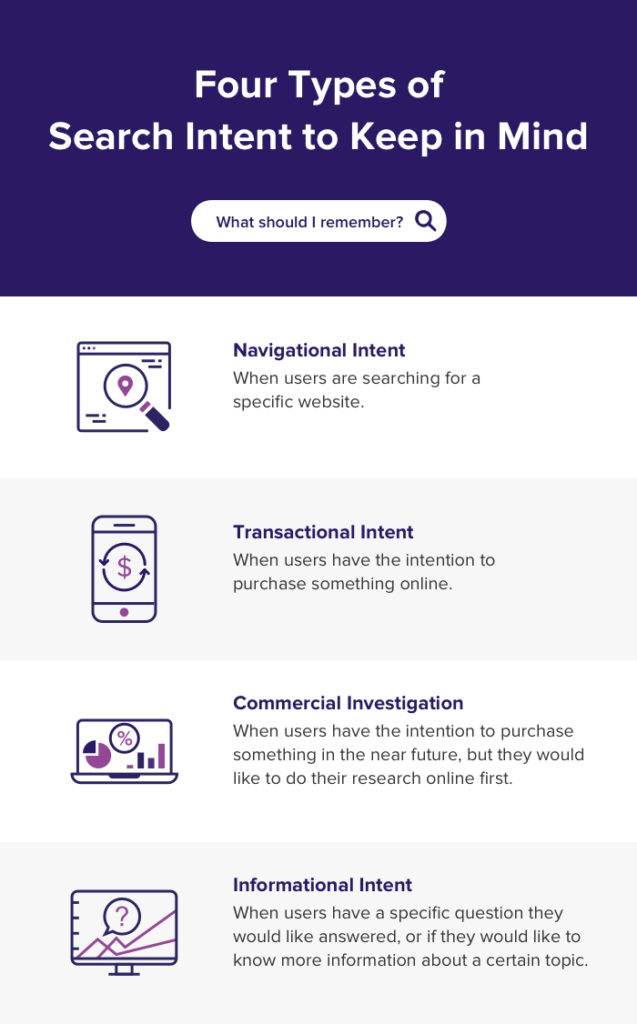In October 2019, Google announced a new core algorithm update known as BERT, short for “Bidirectional Encoder Representations from Transformers.” Google describes BERT as a state-of-the-art approach for natural language processing (NLP). Google stated the model in which they used to create BERT will “process words in relation to all the other words in a sentence, rather than one-by-one in order.” Overall, BERT is an update that will help Google understand the intent behind users’ search queries better than ever before.
What Is BERT and How Does It Work?
BERT is known as a deep learning algorithm for NLP. In other words, BERT will help a machine understand how humans naturally communicate. Google will now be able to interpret longer and more conversational search queries since it is able to better understand the user’s intent of the search by analyzing its context.
Search Engine Journal shared a great example of how BERT has changed the way Google interprets search queries by looking at how the search phrase “how to catch a cow fishing?” was treated.
In New England, the word “cow” means a large striped bass in relation to fishing. What kind of search results for the phrase above do you think Google returned before the BERT algorithm was implemented? That’s right, Google returned search results relating to cows and livestock. The word “fishing” was completely ignored by Google.
However, now that BERT has officially been implemented, Google is returning results related to striped bass and fishing for the same search. Google used the context of the search phrase to pull results that matched the user intent.
Here are a few other examples from Google:


How Is BERT Different From Other Google Algorithm Updates?
Since BERT is a search algorithm update, it analyzes search queries, not webpages. This recent update may sound similar to RankBrain, a search algorithm update that was introduced in October 2015. However, RankBrain focuses on keywords and past searches, while BERT focuses on how words and phrases in a search query relate to each other. These two will work in tandem to help Google better understand what the user is searching for.
How Will This Update Affect SEO?
It has been estimated that BERT will impact approximately 10 percent of all Google searches. On average, there are 5.6 billion Google searches a day, so that is 560 million affected searches. BERT will not impact every search right away. The search queries most likely to be directly affected are longer, more conversational searches with nuances.
From a content creation perspective, this update is significant. BERT will allow you to focus more on writing for your audience, rather than for a computer or machine. So, it’s important to make sure your website is optimized for how humans naturally communicate, not for how a computer or machine would communicate.
Actionable Next Steps and Recommendations
It’s also important to remember that you can’t directly optimize for this type of major search algorithm update. It comes down to satisfying users’ search intent and creating well-written and organized content. Completing the necessary research for search intent will put you leaps and bounds ahead of your online competitors. If you are putting in the necessary effort and time to create specialized and relevant content that satisfies users’ search intent, you’re headed in the right direction!
Four Types of Search Intent to Keep In Mind

